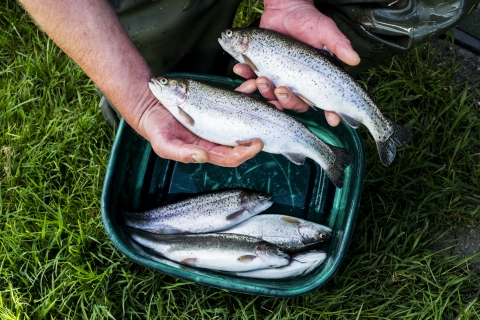Transitioning to sustainable energy in the EU fisheries and aquaculture sector: a path to climate neutrality

date: 02/08/2023
The EESC acknowledges the fishing industry's role in climate change mitigation, stressing ongoing efforts for energy efficiency and emission reduction. Decarbonization requires a balanced approach, incentives, and adoption of emission-free energy sources. The EESC emphasizes realistic decarbonization timelines that consider technology, logistics, and economics.
Green technology development faces challenges; the EESC urges creating fuels and infrastructure for effective decarbonization. It suggests interim hybridization and redefining "fishing capacity" for new technologies.
Regarding funding, the EESC suggests alternative sources and an emergency fund to hasten decarbonization. It envisions a sustainable EU fisheries sector, emphasizing new energy sources, job creation, circular economy promotion, and proper training for technology use.
Embracing energy transition in fisheries and aquaculture leads the way to a sustainable future, preserving oceans and reducing emissions for generations to come.
